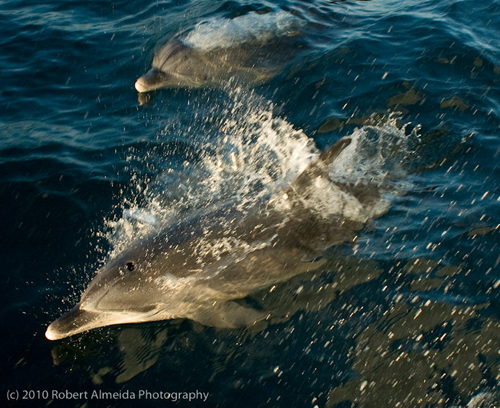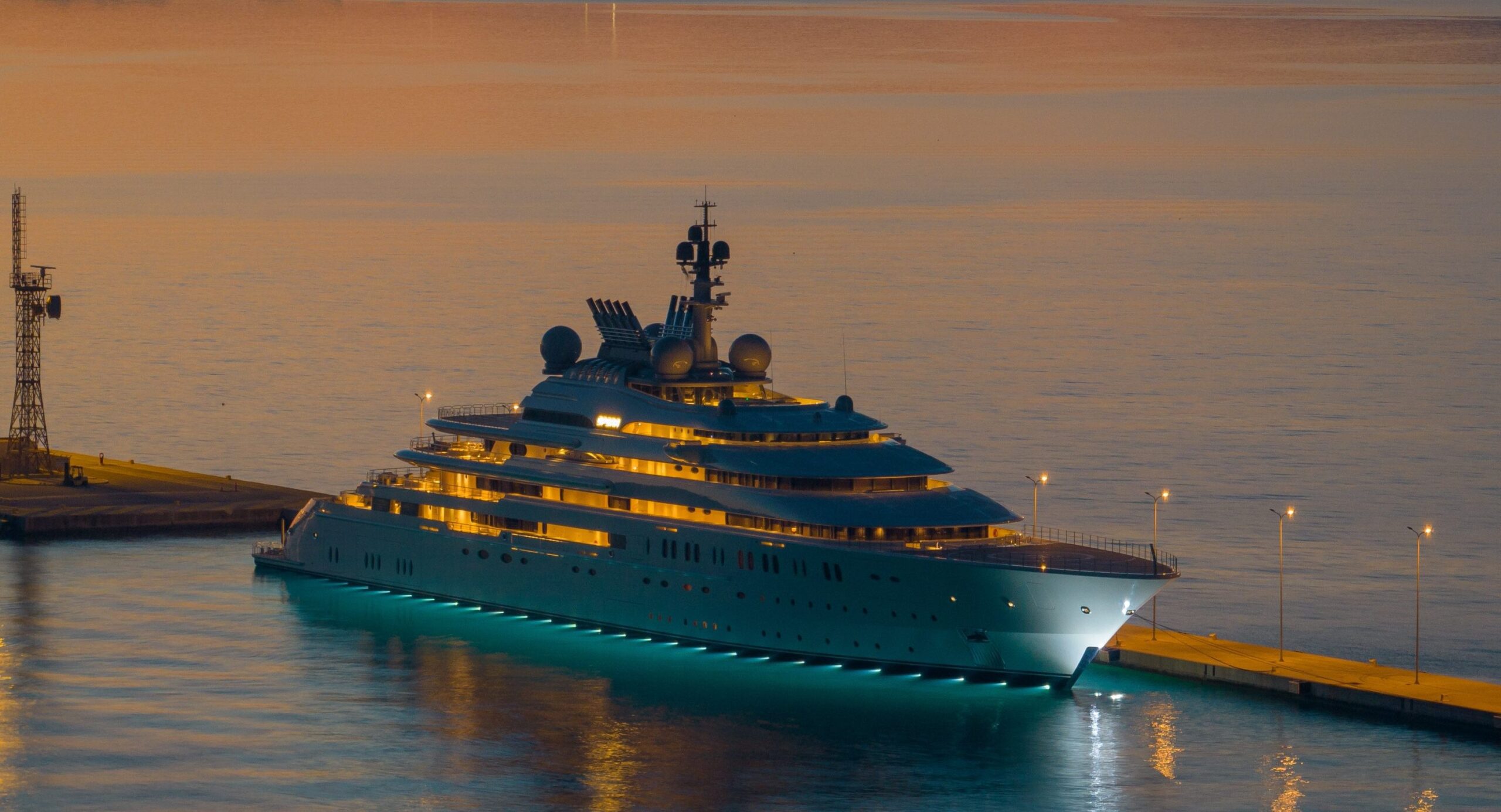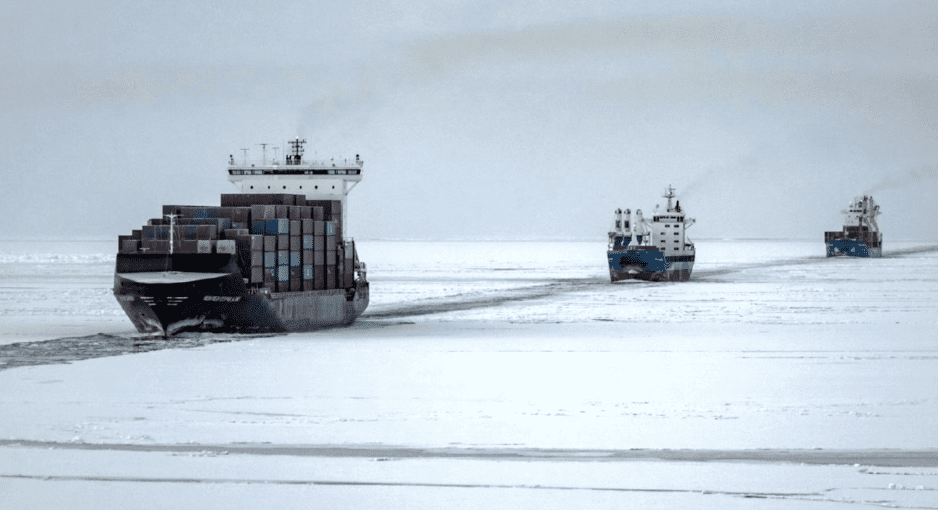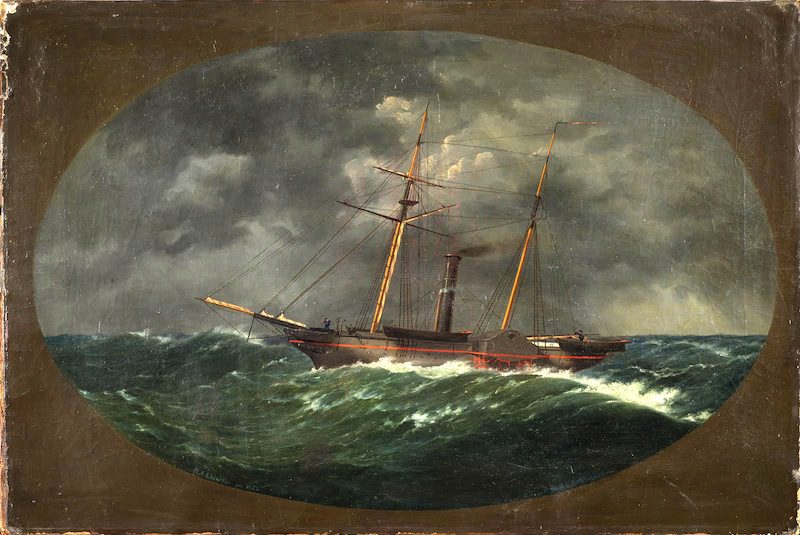 Over most of the world, the oceans appear to many of us as a huge blue expanse of territory, the domain of King Neptune and the denizens of the deep. It’s unfortunately the place where commercial fisherman are exacting an enormous environmental price.
Over most of the world, the oceans appear to many of us as a huge blue expanse of territory, the domain of King Neptune and the denizens of the deep. It’s unfortunately the place where commercial fisherman are exacting an enormous environmental price.
When sailors first landed in the Gulf of Maine a few hundred years ago, codfish, haddock, halibut and hundreds of other species of fish, crustaceans and plants flourished in the nutrient-rich waters of the Gulf. To these early explorers, it was a place of seemingly endless bounty where enough fish to feed an army could be caught in a single day, by a single boat. The shallow waters of the Grand Banks and Georges Bank off of Newfoundland and New England were perhaps the “richest source of marine life the world had ever seen”. (“The Lobster Coast” by Colin Woodard)
Technology and carelessness have since changed that. Due to over-fishing, under-regulation, and unsustainable methods, these waters have been almost completely removed of the fish that used to inhabit them. In fact, nearly 70 percent of the entire population of fish in the Gulf of Maine was being caught on a yearly basis for a number of years in the early 1990s, prompting a closure of much of the Gulf of Maine to commercial fishing. It was however, too late to change what had happened. The food chain had been almost completely destroyed out on the Banks and the fish, their spawning grounds, and almost everything else that was there, is now a muddy wasteland. What are the lessons learned here? Is the world aware of the disaster that occurred on the Grand Banks, which is perhaps one of the greatest disasters mankind has ever inflicted upon the environment? Well for one, Thailand, Malaysia, Sri Lanka and Indonesia haven’t quite got the memo so-to-speak. When my parents were sailing through these waters a few years ago, fleets of draggers were seen criss-crossing the ocean, dragging up everything in their path. Try to imagine two draggers working together with a couple hundred yards of fine net between them scouring the ocean at 5 knots. Now imagine 4 or 5 pairs of these boats operating at the same time in a north-south, east-west pattern. Everything gets swept up by them, and if it’s not saved on board for the markets of these countries, then it’s discharged overboard as “refuse”.
Back in the day in the Gulf of Maine, nearly 40 percent of the unwanted catch was thrown back into the sea, never to reproduce again. Nearly everything in Southeast Asia is kept and brought to market nowadays because nearly all the larger fish that used to inhabit these waters have disappeared due to overfishing. Seeing for myself baskets upon baskets of the small, juvenile fish dried up and occupying horribly smelly fishmarkets of these countries, it is quite clear that the fish population in this area is in steady decline, if not in great danger already. One by one, the great schools of fish and ocean creatures are disappearing due to mankind’s inability to control its own natural resources.
Feel free to visit the gCaptain Forum to discuss this topic further, all sides of this story are welcome…

 Join The Club
Join The Club











